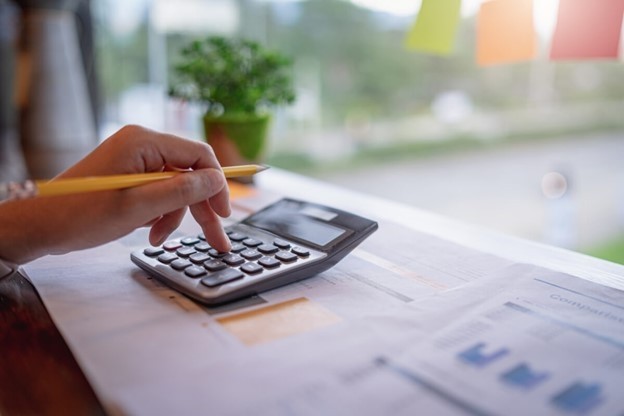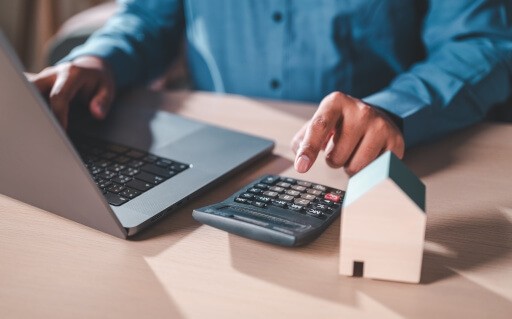As a landlord, deciding whether to include utilities in the rent can be tricky. Including utilities can make your property stand out since tenants appreciate the ease of a single payment. But does it make financial sense for you? By understanding the pros and cons, you'll be able to craft a rental agreement that's smart for your finances and fair for your tenants.
What Does Utilities Included Mean?
When a rental property advertises "utilities included," it means that the cost of utilities such as electricity, water, and gas are already factored into the monthly rent. This can be an attractive option for tenants who are looking to simplify their living expenses and avoid any surprise utility bills. However, for landlords, including utilities in rent can also have its drawbacks.
What Are the Pros of Including Utilities in Rent?
If you decide to include utilities with the rent, there are several benefits you can enjoy, such as:
Attracting tenants
Including utilities with the rent might encourage potential tenants to apply to your rental unit. Not having the burden of monthly utility bills means tenants may be more likely to pay their rent on time. Of course, the best way to ensure you're selecting high-quality tenants is by thorough online screening. View eviction history, credit, and criminal history on Apartments.com to ensure your tenant is responsible and timely.
Charging more for rent
Since you are footing the utility bills, you need a way to pay for them without breaking the bank. Charging a higher rental fee is an obvious solution. Paying for the utilities is an additional responsibility for you, so extra funds can help you cover fluctuating utility costs.
Accessing unique tax benefits
When tax season comes around, the number one goal is to get back as much money as possible. As a landlord or property owner, there are some unique benefits to help you achieve that exact purpose. If you cover the utility bills for your rental property, you can deduct those expenses from your taxes. Whether water, garbage, gas, or electricity, each bill is a tax write-off.
Streamlining payments
Knowing that one monthly bill covers all the essential costs can provide tenants with relief. It helps them simplify their budgeting process to manage their finances more efficiently. Without multiple bills, it may be easier for tenants to pay their rent on time consistently. Fewer late payments mean you will have the money you need to cover essential business expenses, such as property repairs, maintenance, and taxes.
What Are the Cons of Including Utilities in Rent?
While including utilities with the rent sounds nice—and there are some notable benefits in doing so—it is not as picture-perfect as it may seem. There are several pitfalls to be aware of before you come to a final decision, such as:
Tenants overusing the utilities
If tenants do not directly pay for the utilities, they may be unaware of how much their consumption is costing you. Tenants who are less conscious of the cost are less likely to conserve their utility usage. This carelessness can lead to a significant spike in utility expenses—especially during peak seasons when tenants increase their use of certain utilities—such as heating during the winter.
Changing utility rates
Utility rates tend to fluctuate. If a service provider increases the rate of your utility bills, then you may have to adjust the rent for your tenants accordingly. This can be a tedious and time-consuming process, especially if you have multiple units. Additionally, it may result in unhappy tenants who may feel like they are paying more than what is fair. Be sure to check your state and local laws before making any changes to the rent based on utility rate changes.
Unexpected maintenance costs
Maintenance issues with plumbing, heating, or electricity can lead to unexpected expenses for landlords. These issues can arise suddenly and require immediate attention and repair, resulting in additional costs added onto your already-existing utility expenses. For example, a leaking pipe or malfunctioning furnace can cause a significant increase in water or electricity usage, leading to higher bills.
Having to take on the tenants’ liability
When a tenant is responsible for their utilities and fails to pay on time, the utility company turns off their service and comes after them for the unpaid bills. But if you’ve bundled the utilities with the tenant’s rent, the entire liability falls on your shoulders instead. Even if your tenant suddenly stops paying their rent and you begin the eviction process, you must continue paying the utility bills. This situation can cause you stress and strain your ability to make time-sensitive monthly expenses.
Losing market competitiveness
Renting is a price-sensitive market and tenants only have so much money they can afford to spend on rent. So, anything above their budget is usually a nonstarter. When searching for a rental, prospective tenants can filter out properties that are out of their price range, which means renters may never see your property. You want to stay competitive within the market to pay your expenses but still attract high-quality tenants.
Frequently Asked Questions
What are the most common utilities for renters?
When renters see that a listing includes all utilities, they may be curious about what that entails. These are the essential utilities that any rental property needs. Some landlords might also bundle in optional utilities—like internet or cable. In general, the most common utilities include:
- Gas
- Electricity
- Water
- Trash
- Sewer
Do I have to include all the utilities in the rent?
In short, no—you don’t have to include all the utilities in the rent. As the property owner, the power is in your hands to create a rental agreement that works for you and your tenants. However, it is common for landlords to only cover water, sewer, and trash—while leaving it up to the renter to cover electricity and gas.
Should I include utilities?
Deciding whether or not to include utilities in the rent can be a difficult decision for landlords. On one hand, including all utilities can make the rental process simpler and more convenient for both you and your renter. On the other hand, including utilities in the rent means that as a landlord, you will be responsible for paying those bills every month. This could potentially increase your expenses and cut into your profits from the rental property.
Whether you have utilities included in the rent is up to you. Compare the pros and cons so you can make a decision that’s right for both you and your tenants.











